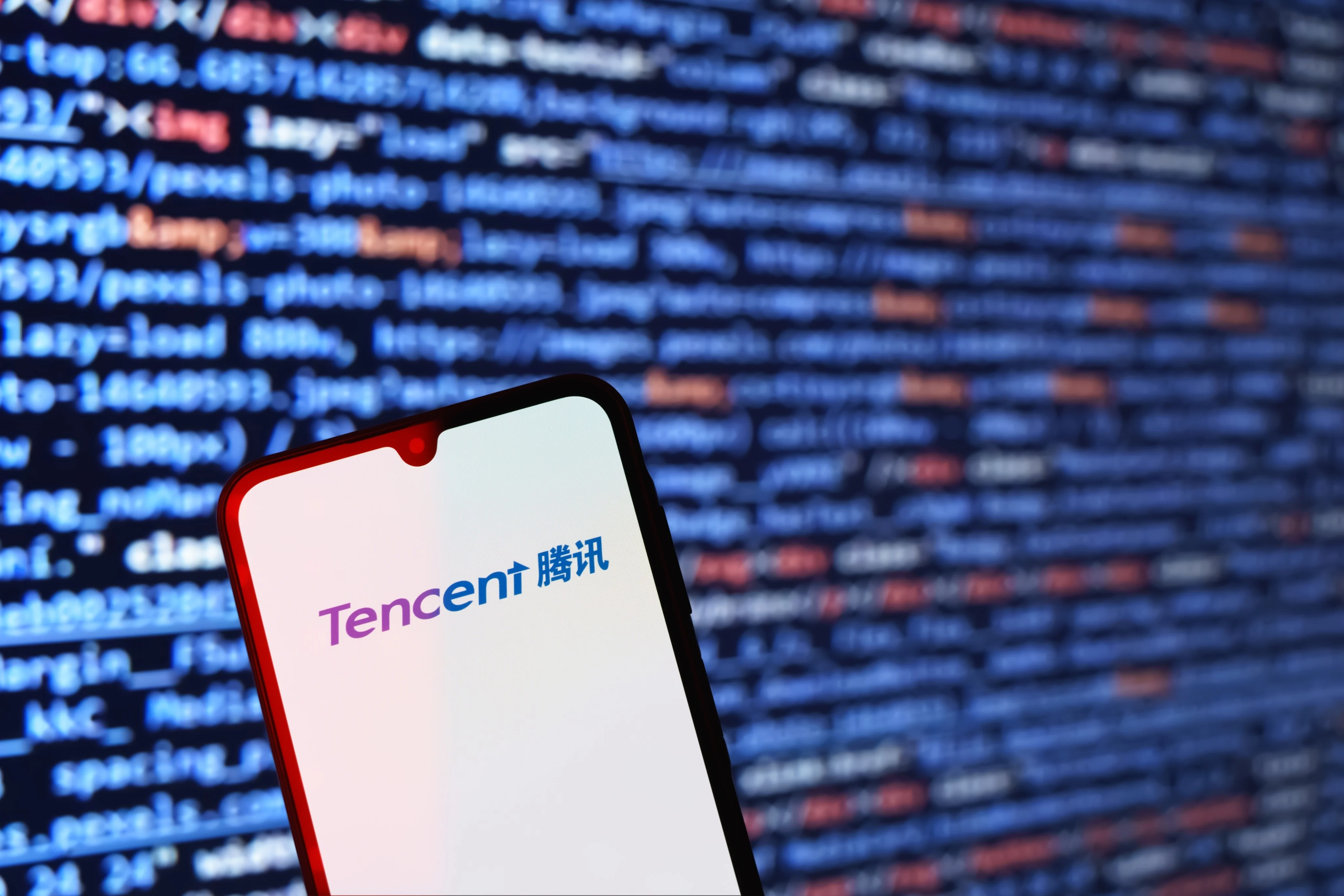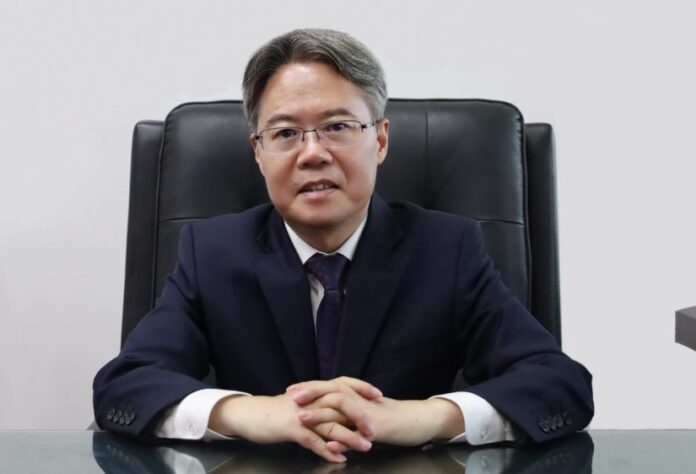Copyright scmp

Tencent Holdings has seen a more than 20 per cent boost in research and development (R&D) efficiency because of artificial intelligence-powered automation, China’s most valuable tech conglomerate said in a new report. The implementation of an in-house AI-powered platform called WeDev led to a 67 per cent increase in the company’s R&D automation rate, according to its Research and Development Big Data Report 2025 released on Friday. More than a quarter of code-related problems across Tencent’s vast suite of products and services so far this year were discovered by AI, leading to an average reduction of eight hours for fixing each bug. Tencent is one of the first Chinese tech giants to publish details about efficiency improvements from integrating AI into R&D efforts. At Alibaba Group Holding, around 30 per cent of all code was being written by AI, Alibaba chairman Joe Tsai said on the All-In podcast last month. Alibaba owns the Post. Tencent, which operates the world’s largest gaming business and China’s most popular social media platform WeChat, said 90 per cent of its engineers were using the company’s own CodeBuddy AI coding tools, powered by its flagship Hunyuan foundational models. “In short, the relationship between AI and Tencent engineers has evolved from simple assistance to deep collaboration,” the report said. The Shenzhen-based company has rolled out different interfaces for CodeBuddy in recent months, including plug-in, IDE (integrated development environment) and CLI (command-line interface) versions. Across the company, half of all new code written so far this year was done with the help of AI, leading to a 40 per cent drop in the average amount of time spent on coding tasks. These efficiency gains were spread across the company’s vertical business units, from digital payments to gaming. For instance, back-end engineers for WeChat have seen time spent on coding tasks reduced by half, while AI-powered art production for Tencent Games has reached 95 per cent. The company’s in-house AI art tool now matched the quality of human video game artists, the report said. Tencent has open-sourced more than 30 new AI models this year, including the introduction in recent weeks of several industry-leading 3D generation models as well as world models that simulate the physical world.



